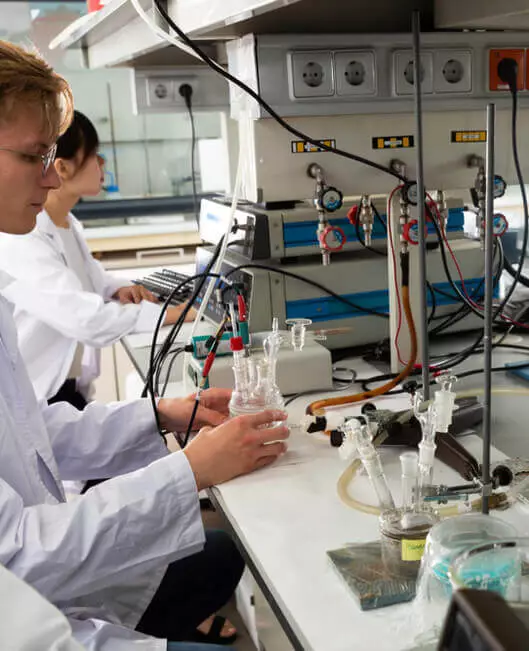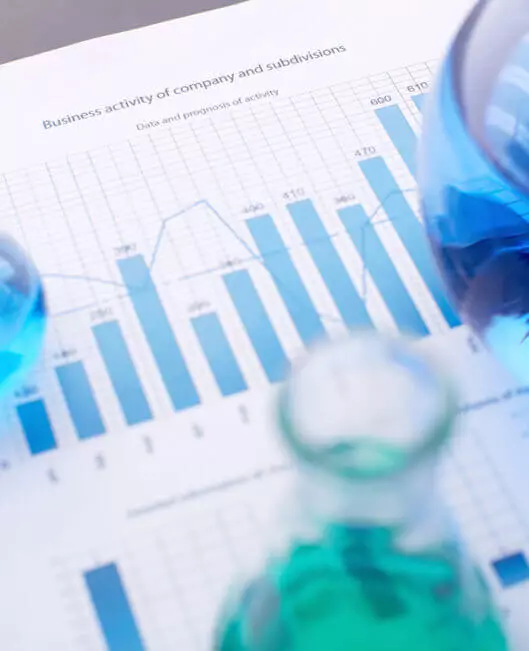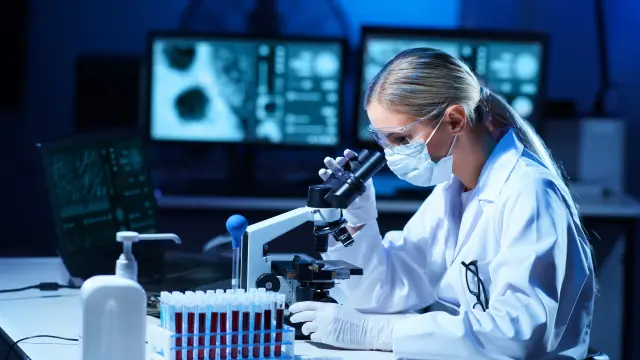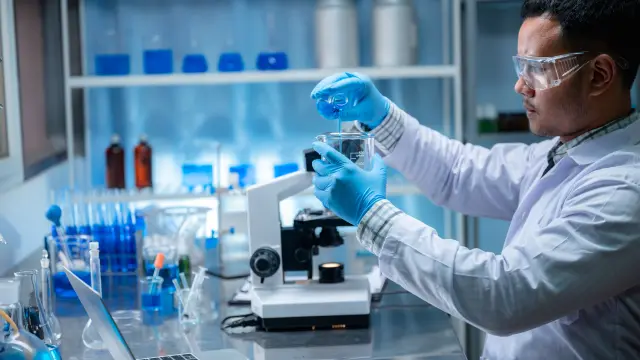Why choose us for your Preclinical Study?
Nimble and High-quality Preclinical Study CRO with a Custom-built Business Model to serve Biotech
Adopting a pragmatic approach in preclinical research, NorthEast Biolab mitigates the risks of your drug development program. With a team of experienced, skilled professionals, we help the sponsors fulfill research needs and reduce the time to reach the clinical phase. Our preclinical research services include preclinical testing such as biomarker testing, bioanalysis, as well as method development, validation, and transfer, etc.
Access to expert resources and 20+ years of experience enables us to provide an excellent in vitro, in vivo, and bioanalytical testing services to our clients. Regardless of the phase in which your drug product is currently, NorthEast Biolab can help you navigate various testing requirements and regulatory hurdles. Introducing life-changing drug products to the market has the power of enhancing the lives of innumerable patients, and we are here to help make your drugs reach the markets as quickly as possible.


































